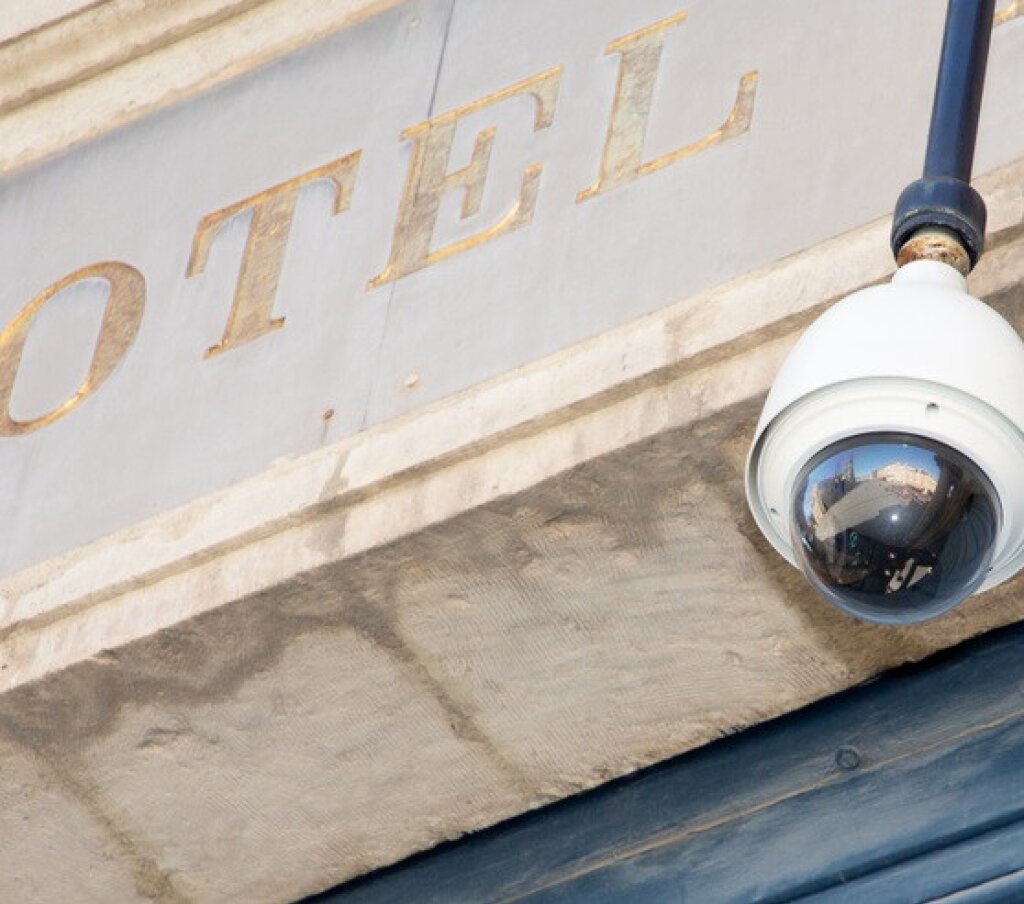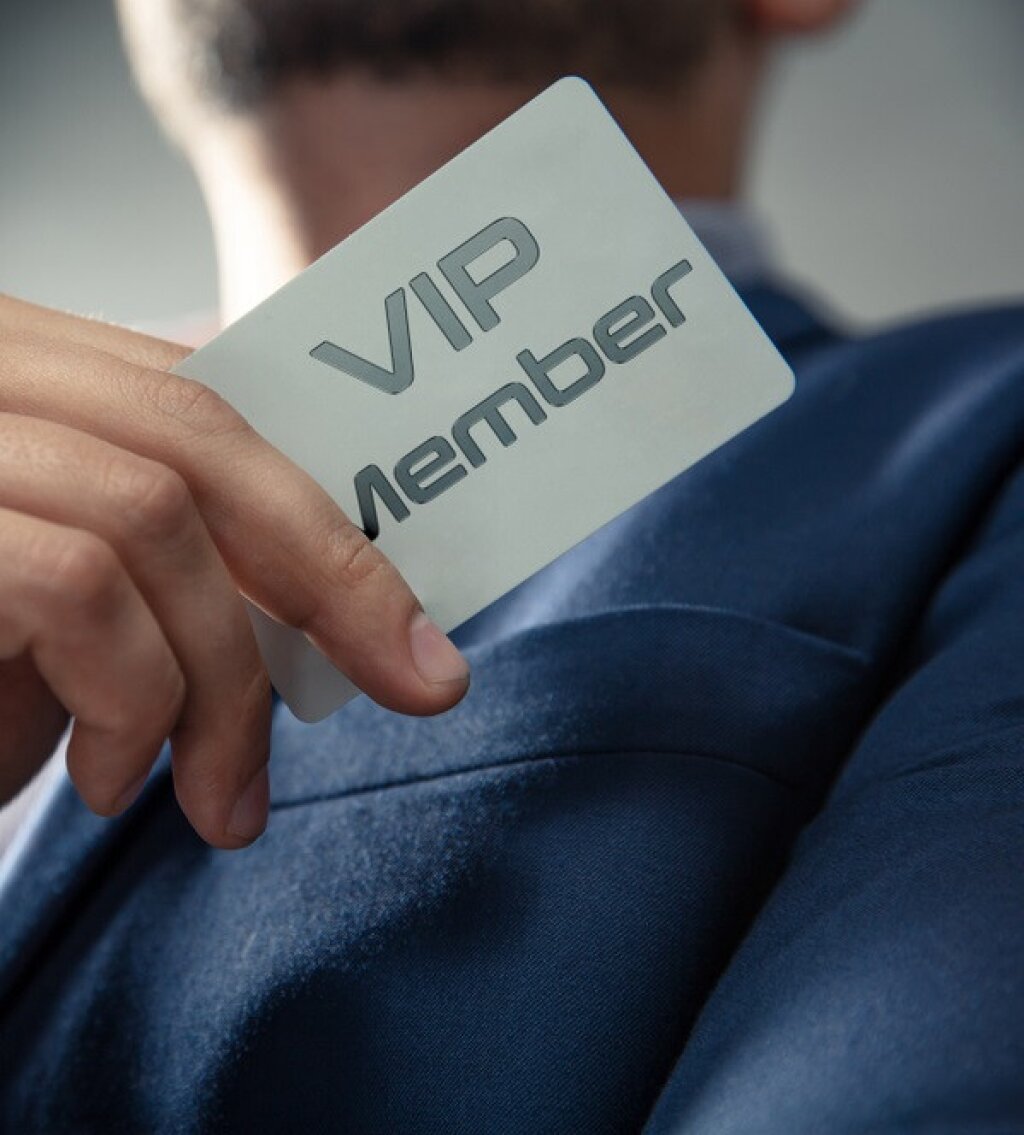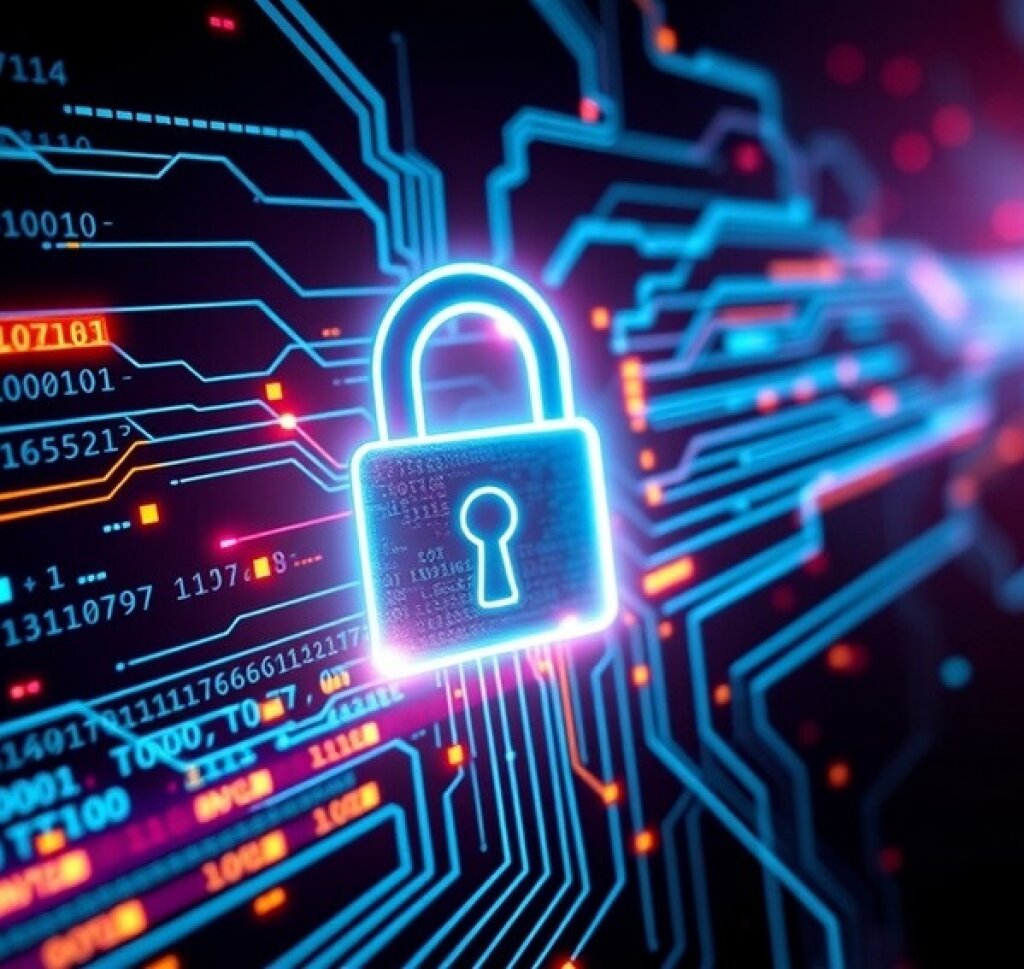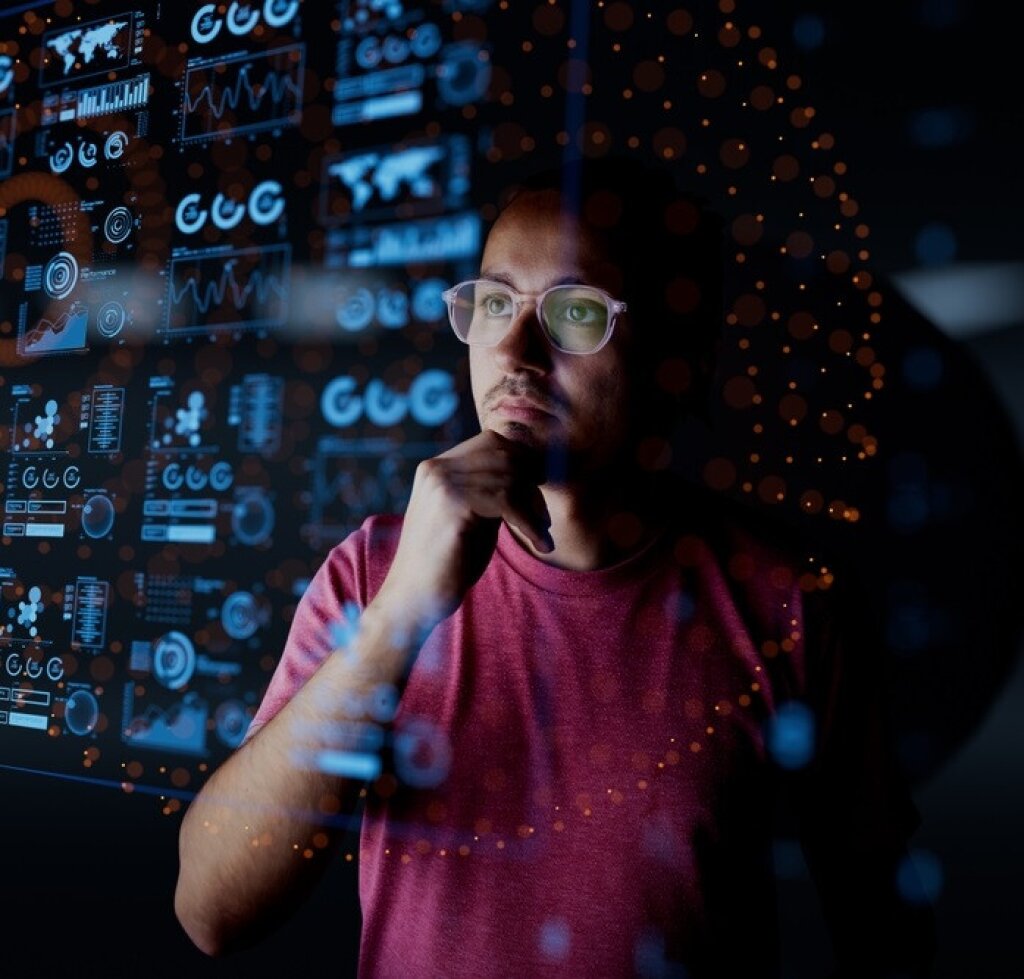Can hotel guests access CCTV footage of themselves? Your rights explained
The question of whether hotel guests should have easier access to CCTV footage involving themselves has sparked debate in the hospitality sector. Guest video access requests raise important concerns about balancing privacy, transparency and legal responsibilities.
With surveillance now common in hotels, many guests want to know their rights when it comes to viewing footage of themselves.
In this article, we look at hotel guest CCTV access rights, the compliance responsibilities of hotels, and the emergence of redaction tools that facilitate the sharing of video footage.
Discover your rights under hotel guest privacy protection laws. Learn how hotels can share CCTV footage legally with GDPR-compliant redaction tools.
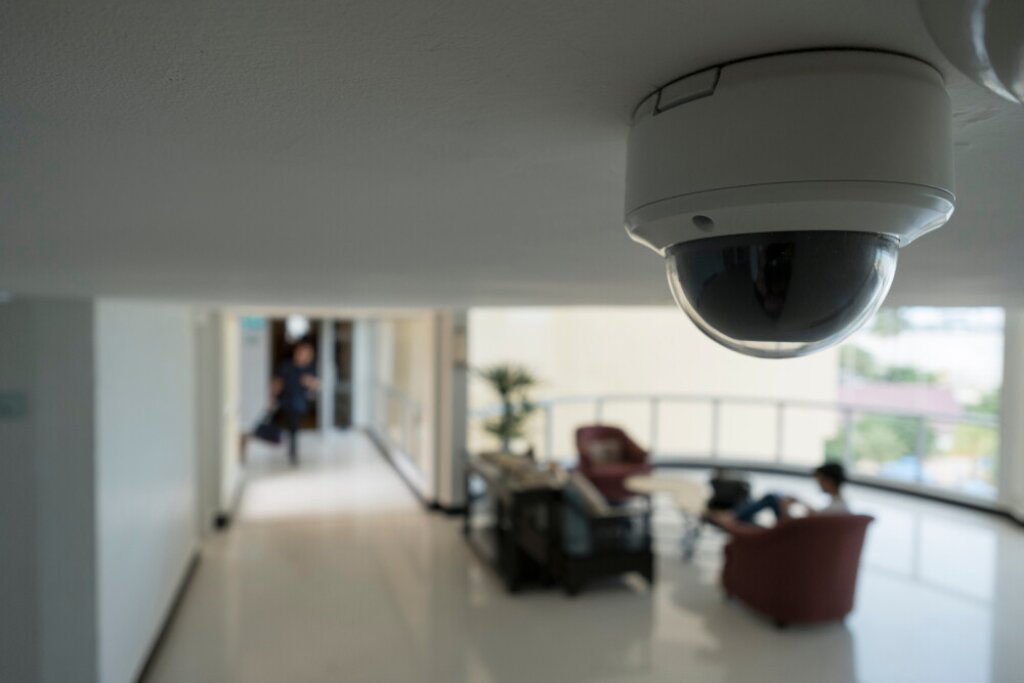
What rights do hotel guests have?
Hotel guests are entitled to several basic rights during their stay. These include:
The right to safety
The right to privacy
The right to equal treatment
The right to safety means hotels must provide secure environments that follow health and safety rules.
Privacy rights mean guests shouldn't face unnecessary disturbances or intrusion.
Across the UK and Europe, hotel guests' rights are protected by data protection laws. The General Data Protection Regulation (GDPR) gives people the right to access their personal data - including images or video footage where they can be clearly identified.
Hotels, as the organisations controlling this data, must balance different legal requirements. They need to protect all guests' privacy while also responding to valid requests to view footage.
Many hotels issue blanket refusals, citing other people appearing in the footage as the basis for refusal. Refusal to share video footage has caused frustration, complaints and damage to hotel reputations.
What are guests entitled to see?
When it comes to CCTV, guests can request and receive footage showing themselves if the request is legitimate and doesn't infringe on others' rights.
Under GDPR, this is known as a Subject Access Request, or SAR. In the UK, the Information Commissioner's Office clearly states:
Individuals have the right to access and receive a copy of their personal data, and other supplementary information.
Throughout Europe hotel guests have the same data access rights, and also in the majority of countries around the world, for example in most states in the USA.
"The rights of hotel guests aren't negotiable," according to a UK privacy consultant who specialises in hospitality. "GDPR makes it clear: guests can ask for footage, and hotels must respond within 30 days. Redacting third-party identities is not only possible - it's expected."
Who's responsible for CCTV footage in hotels?
A guest at a London hotel discovered his £1,500 designer coat was missing from the cloakroom after an event. When he requested CCTV footage, she faced delays and was only provided with a few still images. The hotel offered low compensation and claimed they couldn't share full video because other guests appeared in it.
Legal experts say that when a hotel accepts an item into a cloakroom, they establish a duty of care. If something goes wrong, the hotel must take responsibility.
"You can't hide behind GDPR to avoid liability," says a hospitality law specialist. "There are tools that allow footage to be shared responsibly, without breaching privacy laws."
Why are blanket SAR refusals not acceptable?
Hotels often claim footage can't be shared because other people appear in it. However, technology offers solutions.
Redaction tools, like those developed by Facit, enable hotels to blur faces and hide identifying details. Redaction technology makes it possible to follow both privacy regulations and respect guest rights.
UK hotels have already started using Facit's software and have processed more than 100 videos in less than a year.
One hotel manager said: "We installed the software and we are really happy with the results. Because it's so good, we're using it more than we expected."
What does GDPR say about hotel CCTV?
Under GDPR, guests can request footage of themselves, and hotels must reply within 30 days. If hotels fail to respond in a timely manner, it not only damages trust but also could result in a complaint to the Information Commissioner's Office (ICO).
The ICO has limitations, though. In the London hotel missing coat case, the guest approached the ICO but was told a formal complaint was needed before any action could be taken. This led to months of delay with no real solution.
Why is redaction important for hotels?
Redaction software is now considered the best approach for hotels balancing privacy and transparency. With these tools, hotels don't have to choose between honouring guest data requests and protecting others' privacy.
"It's not about releasing everything or nothing," says Facit Compliance Technology Specialist Patrick Gordon. "It's about sharing the right information, in the right way."
How can hotels respect privacy while being transparent?
Reputation matters greatly in hospitality. When hotels fail to deal fairly with guests when problems occur - whether it's a lost coat or something more serious - public trust can be damaged.
The solution isn't to refuse subject access requests but using smart systems that handle them quickly and properly. When guests know hotels will be transparent and responsive, confidence in the brand increases.
What if there's a dispute with hotel management?
Guests who experience poor communication are more likely to escalate issues, either legally or publicly. In the London hotel missing coat case, repeated emails were ignored or met with vague answers. The eventual release of five still images instead of full video footage didn't satisfy the guest or resolve the issue.
If redaction technology had been used, the matter might have been settled quickly and privately. Instead, lack of transparency led to dissatisfaction and wider questions about hotel liability and CCTV practices.
How can hotels use smart solutions?
With the right tools, hotels can meet their legal obligations without violating anyone's privacy. It's no longer acceptable to claim footage can't be shared just because other people are visible. Redaction solves this problem.
Hotels that use privacy protection technology ensure GDPR compliance for their CCTV systems while also protecting their reputation and relationships with guests.
How can hotels balance security and privacy?
At the heart of this issue is a basic tension: hotels need to be secure while respecting everyone's privacy. Dismissing valid data requests because of outdated systems undermines both goals.
Tools like Facit's Identity Cloak now make it possible to find the right balance. Guests can get the clarity they deserve, while others' identities remain protected.
Hotel Guest Privacy Protection Summary
1. Hotel Liability and CCTV Footage
Hotels must balance guest privacy with security needs. Liability can arise if CCTV footage is misused or accessed without consent. Footage should be securely stored and responsibly managed.
2. GDPR Compliance for Hotel CCTV
Under GDPR, hotels must inform guests about CCTV use, its purpose and how long video footage is kept. Data must be stored securely, with limited access. Consent and transparency are key to lawful processing.
3. Hotel CCTV Laws
Laws require hotels to use CCTV responsibly, avoiding private areas like guest rooms. Clear signage, justified camera placement and compliance with data protection rules are essential for lawful surveillance practices.
4. Hotel Guest Privacy Protection
Guests have a right to privacy in their rooms and personal spaces. Hotels must implement policies limiting staff access and protect guest data, including video footage and guest records, from misuse.
5. Rights of Hotel Guests
Hotel guests have legal rights to privacy, safety and fair treatment. These rights include protection from unauthorised surveillance and entry, to ensure personal space and data remain secure throughout their stay.
Final thoughts on video redaction for hotels
Hotel guest privacy protection isn't just a legal requirement - it's a matter of trust, fairness and responsibility. With GDPR already providing a framework for SARs and individuals’ rights, the question is whether hotels are willing to adapt.
By using redaction tools and responding promptly to valid requests, hotels can uphold guest rights, limit legal exposure and show commitment to ethical CCTV practices. In hospitality, transparency isn't a luxury. It's a necessity.
If you are in the hospitality sector and have questions about guest data access rights or redaction tools, please complete the form below for a response from one of our team.
Related Articles
Busting Common Myths About Responding to Subject Access Requests
